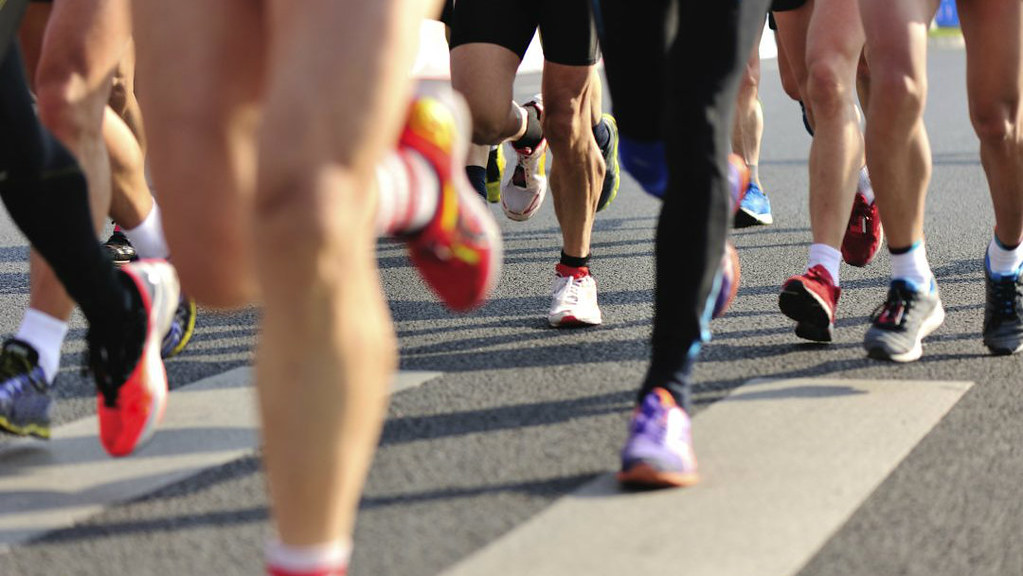A new review, recently published in the American Journal of Physiology Endocrinology and Metabolism from researchers in the University’s Department for Health, focuses on the importance of the liver’s glycogen stores in maintaining blood sugar levels during exercise.
It recommends fuelling up on carbohydrates both before and during exercise in order to prevent a decline in liver glycogen and to help maintain blood sugar control and delay fatigue.
Understanding the role of glycogen
Glycogen is the body’s main energy source for exercising at race pace and is stored when we consume carbohydrates. Carbohydrates are an essential fuel source for high-intensity exercise.
When energy is needed during exercise, muscle and liver glycogen stores are broken down to provide extra fuel. When these stores are depleted, we ‘hit the wall’ and have to reduce our running pace.
The new paper from researchers at Bath, ‘Liver glycogen metabolism during and after prolonged endurance-type exercise’, suggests that even when individuals are full to begin with, their glycogen stores will diminish more quickly when exercising at race pace when compared to a slow jog.
This is particularly true for events that last between 90 minutes to two hours, such as a Half Marathon. When glycogen stores in the liver are critically low, blood sugar levels drop and a runner’s pace will slow dramatically.
Stocking up on carbs before and during a big run
Lead author, Dr Javier Gonzalez, explained: “In reviewing all the available evidence, we found that when exercising at race pace, people use up the glycogen stores in their liver relatively quickly but by ingesting carbohydrates during exercise at around 60 grams per hour, we can prevent this decline. We also found that people who had done a lot of endurance training are able to use their liver glycogen more sparingly, delaying the depletion of this important fuel source.
“This is important because low liver glycogen stores are strongly linked to both early fatigue and low blood sugar levels. Therefore, ingesting carbohydrates during races can help delay fatigue and maintain adequate blood sugar availability for the muscle to use as a fuel.”
Practical food sources rich in carbohydrates that can help boost glycogen levels during a race include bananas and raisins, as well as sports drinks or energy gels. 60 grams per hour is a significant amount of carbohydrate, equivalent to around three bananas.
Leading up to the event, the day before, the researchers suggest loading up on potatoes, rice, pasta and fruit.
Further information
The latest study builds on previous work the team have been involved in, comparing the impact of consuming glucose and sucrose on liver glycogen levels for endurance athletes.
To access ‘Liver glycogen metabolism during and after prolonged endurance-type exercise’ see http://opus.bath.ac.uk/51154/ .

